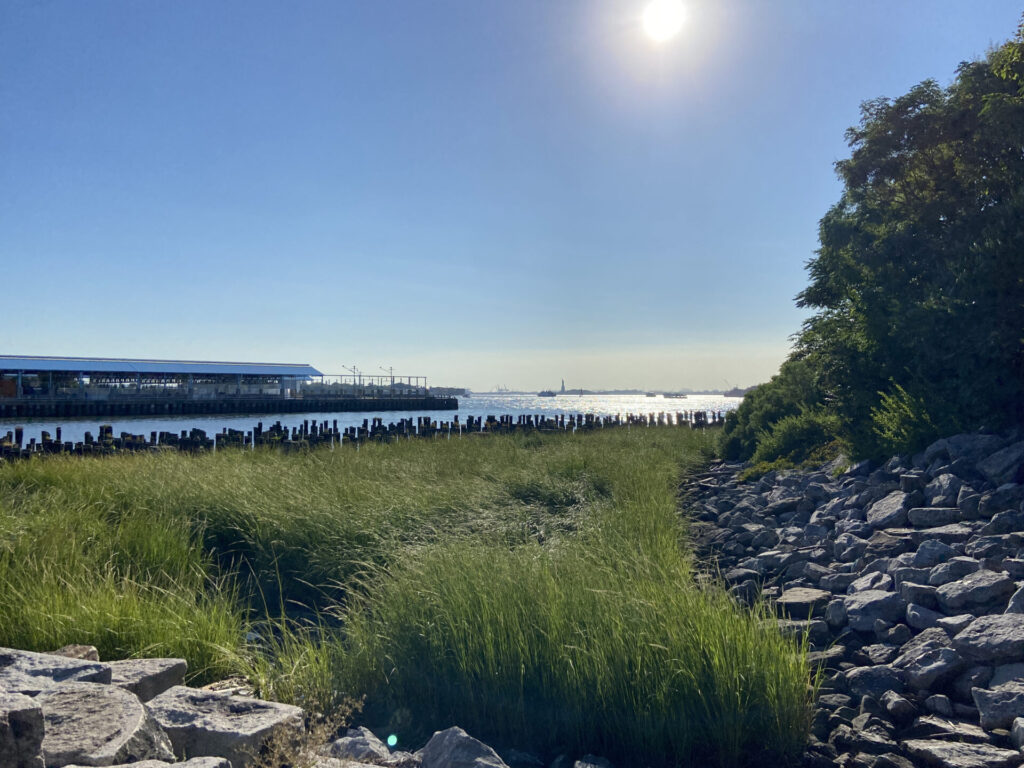
The End of an Era (Internship)
August 31, 2023
Celebrating 22 years of Great Ecology!
September 12, 2023
International Day of Clean Air for Blue Skies 2023
Author: Rachel Noriega
In 2019, the UN General Assembly designated September 7th as the “International Day of Clean Air for Blue Skies” to raise public awareness and promote action to improve air quality. This year’s theme is called “Together for Clean Air” and that theme could not be more accurate. There are regions and populations that experience high levels of air pollution, but the truth is that 99% of the entire global population breathes air that exceeds the World Health Organization’s air quality limits. There are many factors that affect air quality such as waste management, forest fires, agricultural waste incineration, and vehicle emissions. Air pollution cannot be contained and any damage to our atmosphere is collectively shared.
Identifying sources of emission is essential, and coming together to find a solution is often more complex. Air pollution is a global issue and action would be most effective at the government level with policymakers. Policies to improve waste management, reduce waste, reduce fossil fuel use, and commit to air quality planning would significantly help reduce air pollution. In California, the largest contributors to air pollution are vehicle emissions and wildfire smoke. To reduce vehicle emissions the California Air Resources Board formed a Clean Truck Partnership with the nation's leading truck manufacturers and the Truck and Engine Manufacturers Association to make advances in the development of zero-emission vehicles. The hope is that the commercial trucking industry will have 100% zero-emission vehicle fleets by 2045. Cities across the United States are beginning to incorporate electric vehicles into their lineup. New York City revealed its electric police vehicles in 2022 and San Diego now has an electric street sweeper. Electric cars may not be the single solution for air pollution, but their lack of tail pipe emissions helps alleviate high levels of vehicle emissions.
As policy changes take effect, there are actions individuals can take, too, like reducing waste, reusing grocery bags, not burning trash, advocating for policy changes, reducing vehicle idling, and taking public transit. Here at Great Ecology, our office strives to think of new ways to reduce our office waste, including an in-office composting system as well as some of our employees biking to work or using public transit when possible!
As we strive for cleaner air, there are also actions you can take to reduce your air pollution exposure. For those from countries with air quality monitoring systems, be sure to check the day's air quality and reduce time outdoors if air quality is poor, ensure home and car air filters are changed regularly, and wear a mask if you are going to be exposed to poor air quality conditions. Air pollution can cause severe health issues such as strokes or lung disease and can exacerbate existing health conditions. So, this International Day for Clean Air and Blue Skies act not only for your health but the health of the planet.

